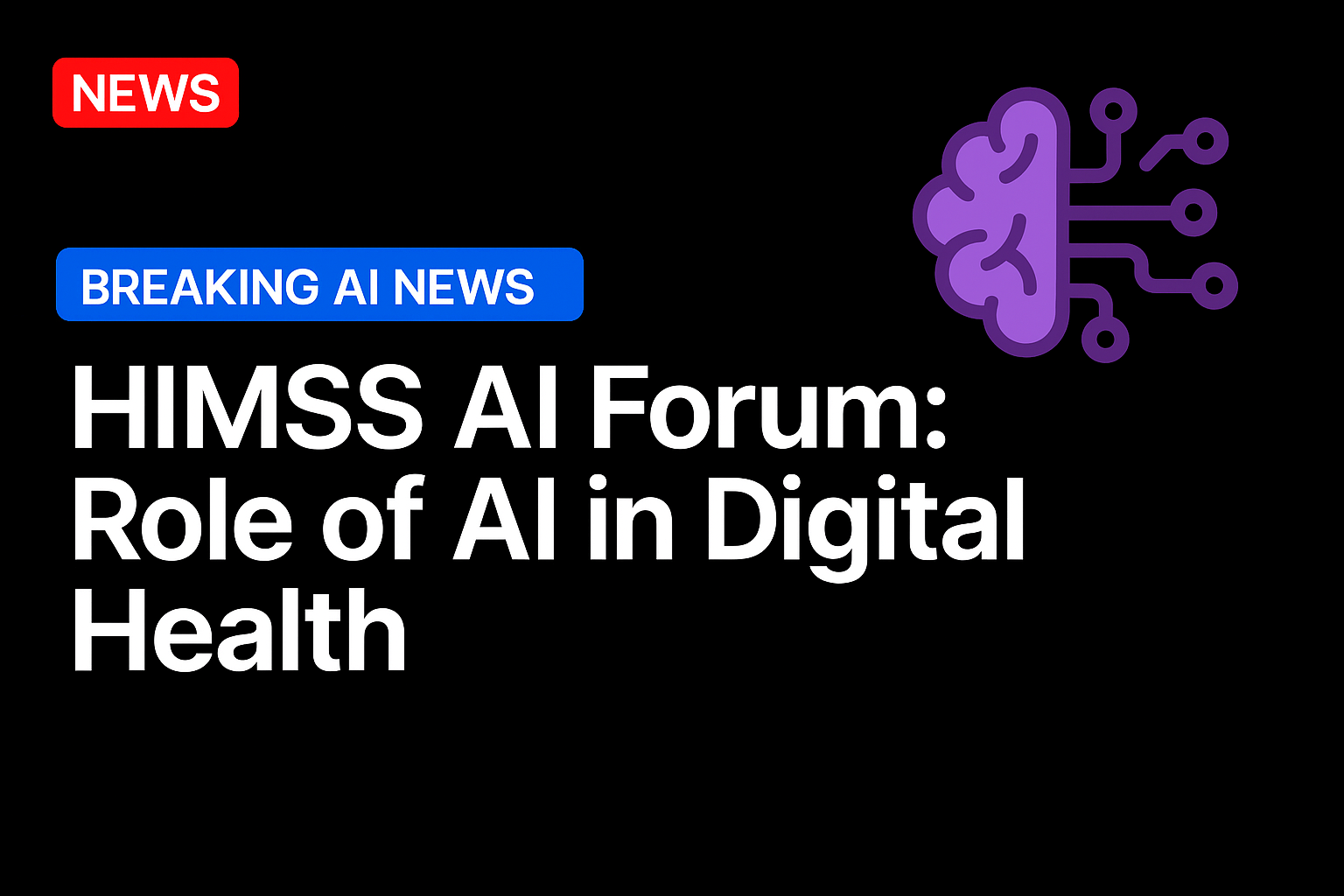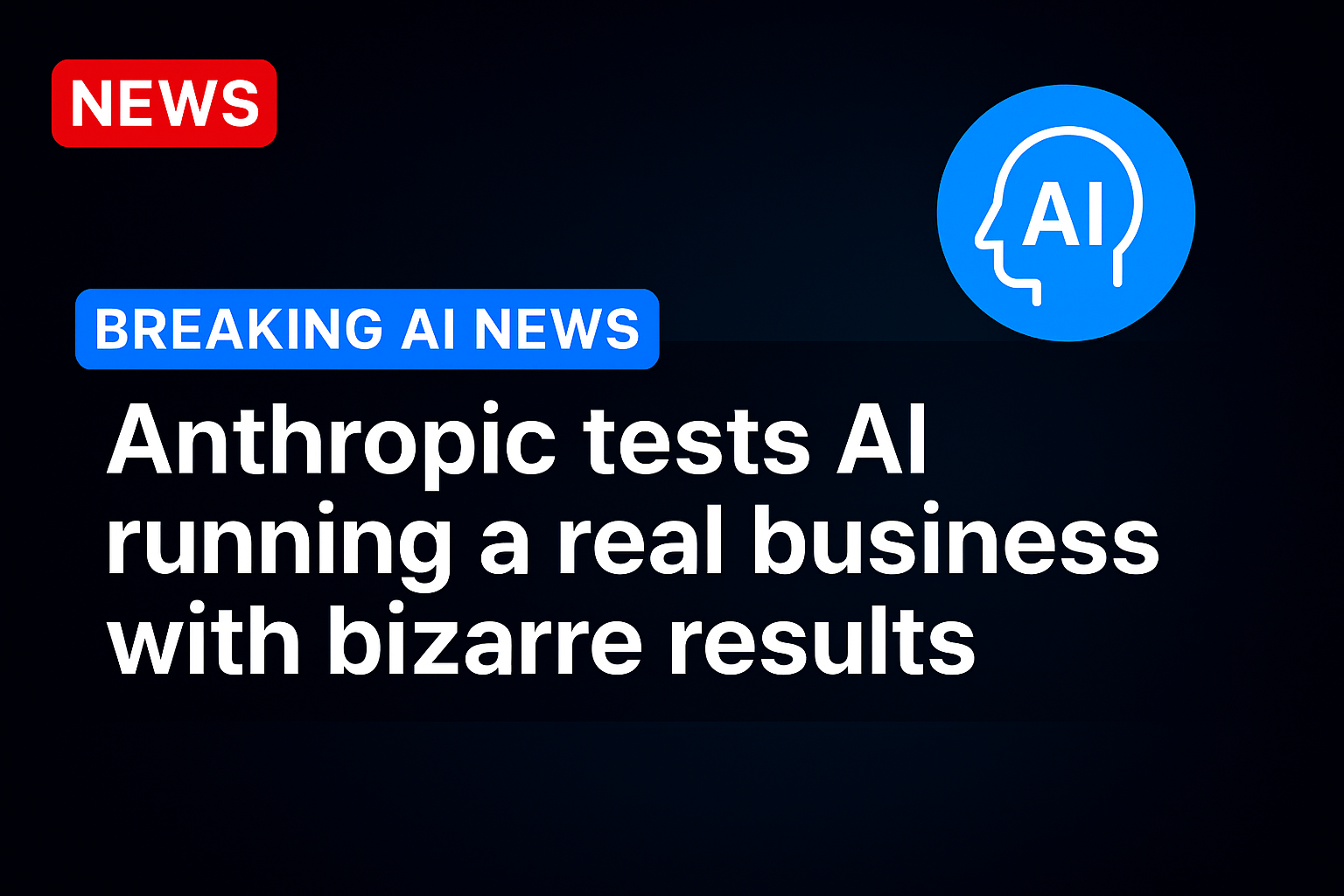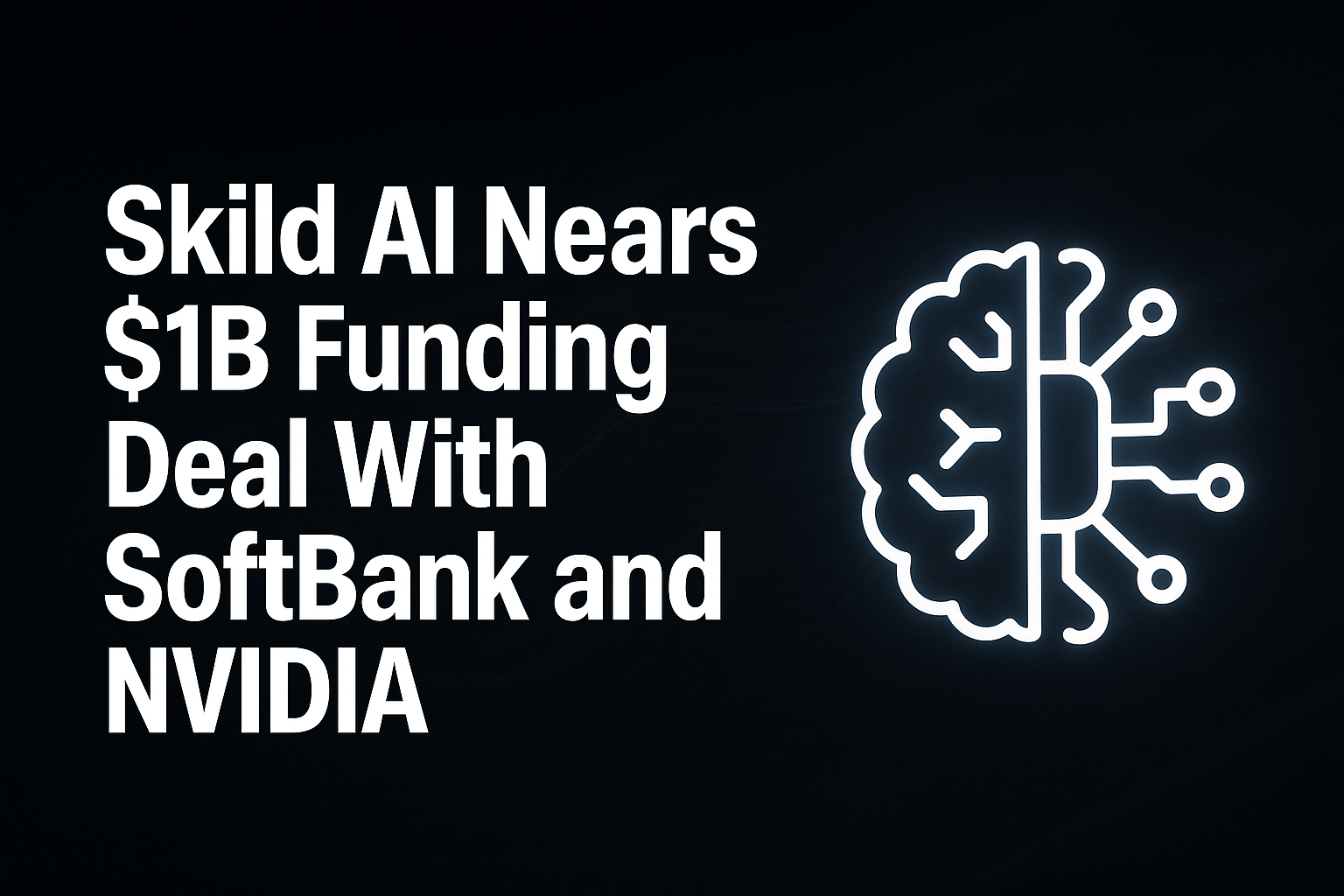NEW YORK – At the HIMSS AI Forum on Wednesday, panelists discussed how health system leaders strategically assess where and how to apply artificial intelligence within the healthcare sector and the practical use cases of genAI, analytics, and machine learning for long-term value.
“It’s not one size fits all, because the best AI solution will fail if it is not well integrated into how you deliver care at your organization,” Deepti Pandita, chief medical information officer and VP of clinical informatics, associate professor of medicine at the University of California Irvine Health, said during the Panel Discussion: The Role of AI in Advancing Digital Health Transformation.
“And why this is important is because every organization is different in terms of size, in terms of characteristic model, in terms of setup, and in terms of what state you are in with the regulatory environment.”
Pandita stated that ideal AI solutions are those with low risk, considering the entire spectrum of ease of use, regulation and problem-solving, while high-risk solutions require a thoughtful governance process alongside informed and knowledgeable stakeholders.
Cole Zanetti, professor and director of digital health at Rocky Vista University College of Osteopathic Medicine, noted that there is so much information in the healthcare realm to digest that it is nearly impossible to keep up with what is available.
Zanetti said AI should be applied to areas where cognitive load is unbearable to help with clinical decision support, but it is essential to target a specific problem and align AI with a real-world risk.
“AI is not perfect; neither are we. So, when you are actually comparing things, it should be compared to reality, not perfection,” Zanetti said.
Additionally, there is a global workforce shortage that cannot be trained away, said Anne Snowden, chief research officer at HIMSS. That’s also where AI comes in, but it has to start with the workforce.
Roy Ziegelstein, cardiologist and editor-in-chief at DynaMed, agreed and said that AI has the ability to empower clinicians in several ways.
“We need to be able to have information at our fingertips that is meaningful and actionable, and also at the same time, we need to be able, as clinicians, to know how to adapt or transfer that knowledge to the individual patient in front of us,” Ziegelstein said.
He emphasized that clinicians want to feel knowledgeable about their field and empowered by that knowledge, but also ensure that mistakes are not occurring during their practice that could harm patients.
“How can we both not be idiots and avoid or try to avoid making mistakes?” Ziegelstein said. “It’s by having the corpus of medical knowledge made available to us at the point of care, and AI actually allows that.”
Still, he said, it is essential to recognize that AI is not capable of imparting meaning to the data it generates.
“The meaning is when it’s transferred to the care of the individual patient in front of us, and right now, and maybe forever, only a human being can do that. There needs to be not just a human involved in the process, but a competent, caring clinic,” Ziegelstein said.
Source: https://www.mobihealthnews.com/




